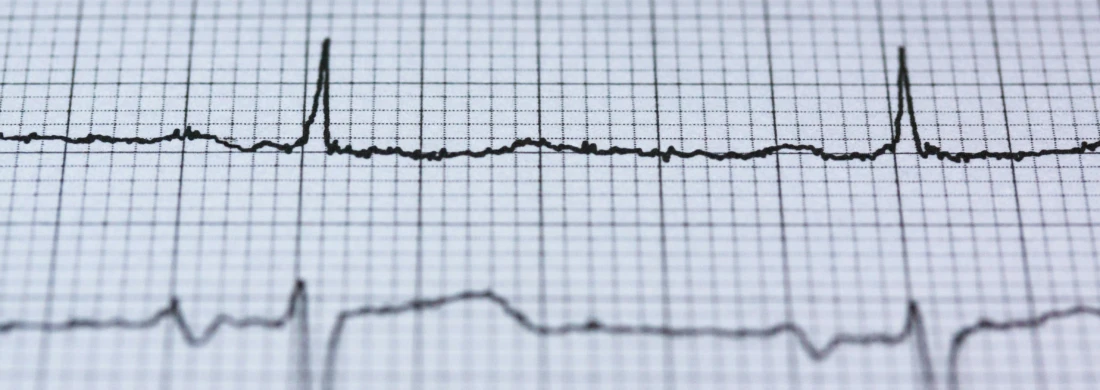Clinical Data Hub
An important aspect of our work focuses on diagnosing, treating, and monitoring patients with epilepsy, sleep disorders, or neurological learning disabilities. We use a wide range of (digital) tools, from simple questionnaires to complex and long-term neurophysiological recordings. On a higher level, at a group level, all this data can also help us better understand conditions and ultimately improve care. However, it is essential to have access to this data and understand what it means. Additionally, there needs to be the ability to relate different healthcare data to each other and securely share them with others.
Currently, our healthcare and research data are stored in various locations: where our caregivers work daily, such as in patient and client records, but also on servers for measurement equipment of all kinds (e.g., EEG, sleep recordings, MRI, etc.) and scientific research data. The broad use of these data is currently very limited because they are insufficiently documented, standardized, and/or linked. Additionally, some research data (such as EEG data) is not stored integrally due to limited storage capacity.
With the establishment of the SOMNIA database at the Center for Sleep Medicine, we have gained valuable experience over the past years on how to store complex healthcare data and what is involved in managing and making data collected in the clinic available for research. This has already led to a range of insights, publications, and other outputs. However, SOMNIA is in need of an upgrade to future-proof this concept.
Since making this complex data available is important not only for the Center for Sleep Medicine but also for other centers, a generic design is crucial. Such a ‘clinical data hub’ will make our valuable data more accessible and usable for research and care improvement. Currently, however, there are no fully integrated solutions available to realize such a clinical data hub. Depending on the required data and its intended use, specific (sub)solutions will need to be designed and implemented. However, where possible, it is crucial to leverage existing solutions that meet modern standards.
Kempenhaeghe has already made significant progress in making data available. In various (scientific) projects, much has been achieved with the help of mainly temporary staff (e.g., SOMNIA). To further improve care and make healthcare data more accessible, it is essential to retain and expand Kempenhaeghe’s knowledge, expertise, and infrastructure in this area. The clinical data hub is needed to establish connections between highly valuable clinical and scientific datasets available within Kempenhaeghe and serve as a starting point for sharing data with others. For example, through a Health Data portal or infrastructure like what will be realized in the national initiative HealthRI. Finally, the realization of a clinical data hub will create further and new opportunities for the valorization of data sets.
